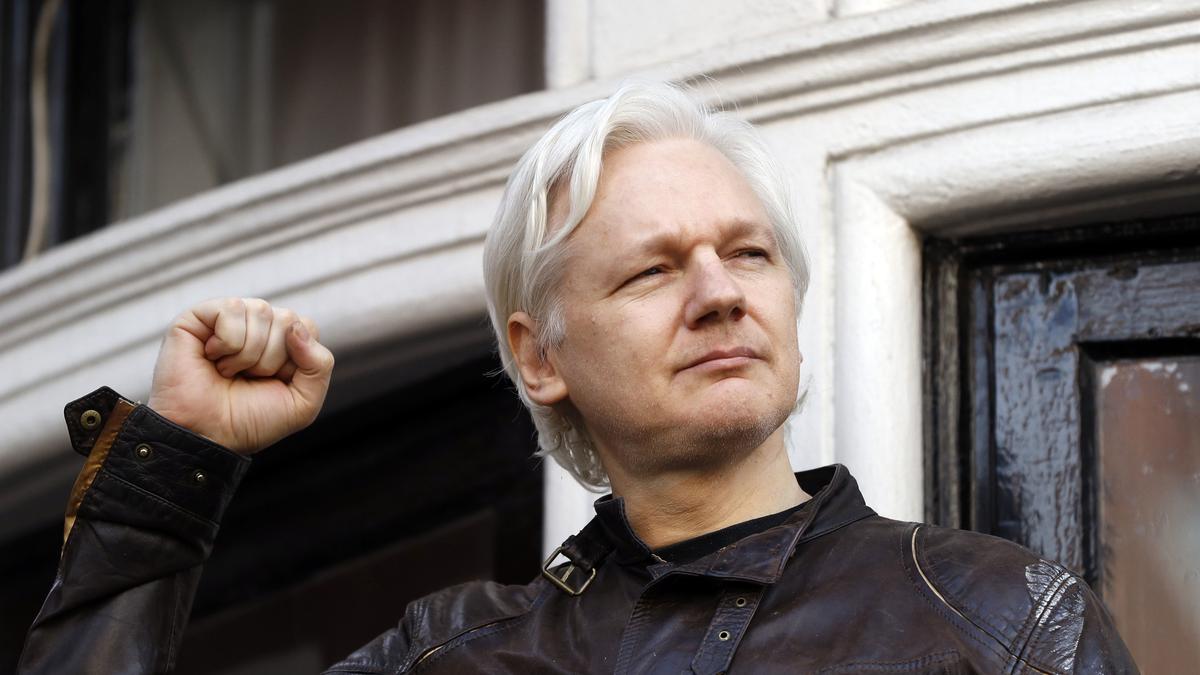
WikiLeaks founder Julian Assange will plead guilty in deal with U.S. and be freed from prison
The Hindu
WikiLeaks founder Julian Assange to plead guilty to felony charge, ending long legal saga, avoiding additional prison time.
WikiLeaks founder Julian Assange will plead guilty to a felony charge in a deal with the U.S. Justice Department that will free him from prison and resolve a long-running legal saga that spanned multiple continents and centered on the publication of a trove of classified documents, according to court papers filed late Monday.
Assange is scheduled to appear in the federal court in the Mariana Islands, a U.S. commonwealth in the Western Pacific, to plead guilty to an Espionage Act charge of conspiring to unlawfully obtain and disseminate classified national defence information, the Justice Department said in a letter filed in court.
Opinion:End the punishment: On Julian Assange
The guilty plea, which must be approved by a judge, brings an abrupt conclusion to a criminal case of international intrigue and to the U.S. government’s years-long pursuit of a publisher whose hugely popular secret-sharing website made him a cause célèbre among many press freedom advocates who said he acted as a journalist to expose U.S. military wrongdoing. Investigators, by contrast, have repeatedly asserted that his actions broke laws meant to protect sensitive information and put the country’s national security at risk.
He is expected to return to Australia after his plea and sentencing, which is scheduled for Wednesday morning, local time in Saipan, the largest island in the Mariana Islands. The hearing is taking place there because of Assange’s opposition to traveling to the continental U.S. and the court’s proximity to Australia.
The deal ensures that Assange will admit guilt while also sparing him from any additional prison time. He had spent years hiding out in the Ecuadorian embassy in London after Swedish authorities sought his arrest on rape allegations before being locked up in the United Kingdom.
Prosecutors have agreed to a sentence of the five years Assange has already spent in a high-security British prison while fighting to avoid extradition to the U.S. to face charges, a process that has played out in a series of hearings in London. Last month, he won the right to appeal an extradition order after his lawyers argued that the U.S. government provided “blatantly inadequate” assurances that he would have the same free speech protections as an American citizen if extradited from Britain.











